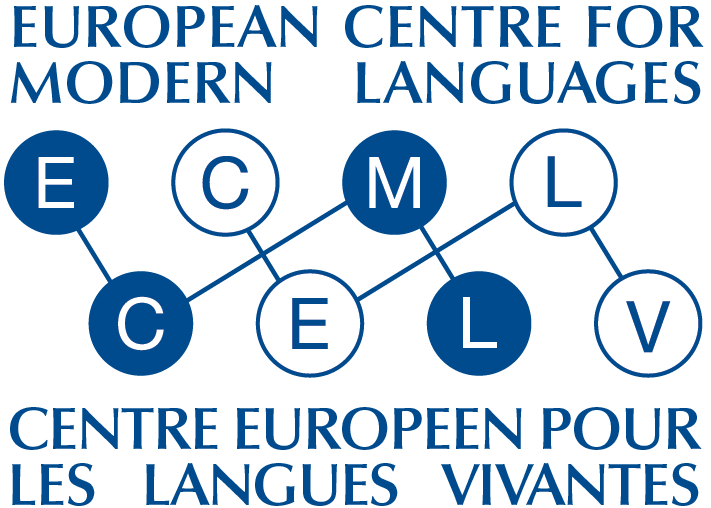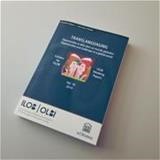This special issue of In Other Words highlights recent developments by the Council of Europe’s European Centre for Modern Languages (ECML). As a proud partner and national point of contact for the ECML in Canada, OLBI congratulates and applauds the ECML for their twenty-five years of trailblazing in inclusive linguistic teaching and education.

OLBI Newsletter - May 2020
A Shared Vision of Plurilingualism: OLBI and the ECML’s 25th Anniversary Declaration
The Council of Europe’s European Centre for Modern Languages (ECML) commemorated its twenty-five years of shaping, and innovating in, the linguistic world by holding a conference in Austria.
Following the celebrations, the Official Languages and Bilingualism Institute (OLBI) and the ECML reaffirmed their long-term partnership by renewing and signing a Memorandum of Cooperation and Liaison between the two institutions, which dates back to 2008 and ensures close contacts between the European Centre for Modern Languages (ECML) and Canadian institutions working in the field of language teaching and learning.
During the celebration, OLBI representatives also had the opportunity to contribute their input on the initial draft of the ECML’s 25 th Anniversary Declaration. The purpose of the declaration is to raise awareness of the political importance of quality language education and its role within peaceful societies. The OLBI shares the ECML goal of promoting inclusive, plurilingual, and intercultural education. As an international flagship for language learning, the ECML highlights nine cornerstones that support the realisation of this goal.
By putting evolving learners at the forefront of the holistic objective of language education, the cornerstones reflect the complexity and range of learner needs and encourage professionals to respond appropriately to these different needs. While the following cornerstones themselves interrelate and interact, they each contribute to the holistic vision of the ECML. As a proud partner, the OLBI wholeheartedly supports this same vision.
|
Plurilingual and intercultural education |
|
|
Teacher and learner competences |
Languages of schooling |
|
New media |
Content and language integrated learning |
|
Migrant education and employment |
Sign languages |
|
Early language learning |
Curricula and evaluation |
A virtual treasure chest of resources
In addition to publishing its declaration, the ECML has also recently made available the ECML treasure chest for learners, parents and teachers in times of Covid-19 – a dynamic webspace created with the help of several ECML experts. The state-of-the-art resources offers various activities and tools designed to help face the challenges of adapting language education to virtual settings. Community members are encouraged to contact the ECML if they have any resources that they believe others would benefit from.
Promoting quality in language education
The Quality Assurance Matrix for CEFR (Common European Framework of Reference for Languages: Learning, Teaching, and Assessment) is one of the ECML’s newest web-based resources. It supports language education professionals in integrating the CEFR’s action-oriented approach to teaching and learning to refine their curriculums. The website provides promising and innovative practices for policy, curriculum development, teaching, and assessment.

Update on a special edition of the OLBI Journal: New deadline for call for papers
July 15, 2020, is the new deadline to submit an abstract for an article on “Multiliteracies and Plurilingual Pedagogies in the 21st Century: A Critical Response to the New London Group’s ‘A Pedagogy of Multiliteracies’” to be published in the next edition of the OLBI Journal.
